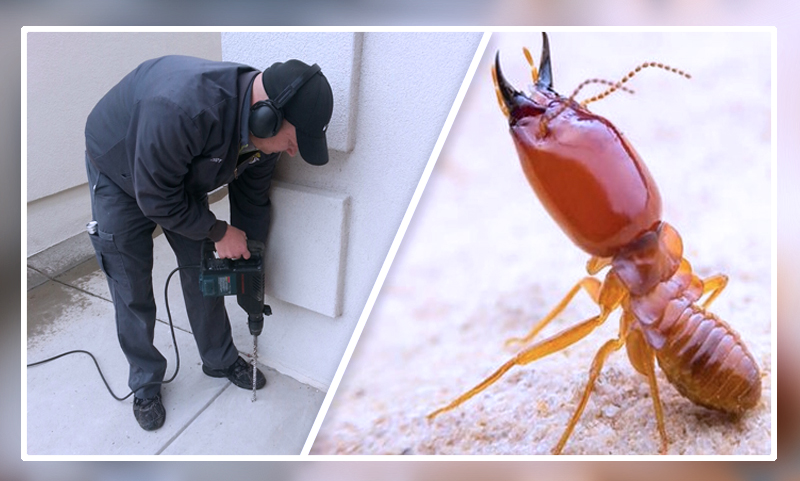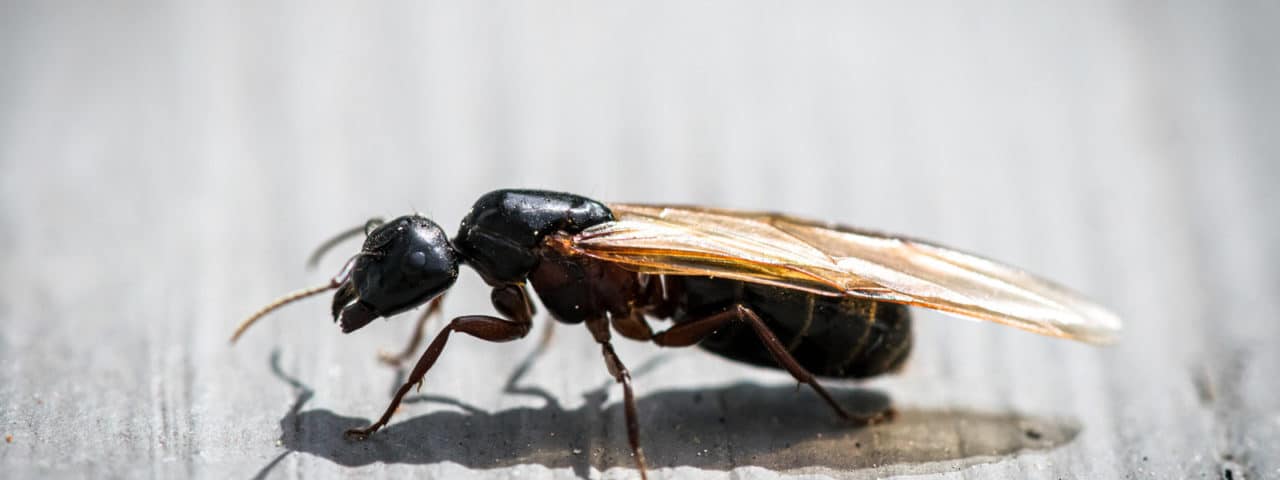Ecological Effect of Insect Control: Harmonizing Efficiency With Sustainability
The environmental influence of bug control is an important problem that requires a fragile balance in between achieving performance in handling pests and making certain sustainability of our ecological communities. As we aim to protect our crops, homes, and health from the hazards positioned by parasites, the approaches we use can inadvertently harm the environment. From making use of hazardous chemicals that permeate into our dirt and water to the unintended repercussions on non-target varieties, the repercussions of standard pest control methods are far-ranging. There are arising strategies that provide hope for an extra sustainable technique to pest management. These services not just aim to attend to the prompt pest troubles but also think about the lasting health of our world.
Unsafe Chemicals in Parasite Control
The application of unsafe chemicals in parasite control postures substantial ecological and health and wellness dangers that require cautious consideration and mitigation strategies. Chemicals, pesticides, and herbicides are frequently utilized to eliminate parasites, yet their prevalent application can cause unintentional repercussions. These chemicals can infect soil, water resources, and the air, influencing not only the targeted insects yet also beneficial pests, wild animals, and humans.

To resolve these risks, incorporated insect monitoring (IPM) strategies are being advertised as a much more sustainable alternative. IPM includes a combination of approaches such as organic control, habitat adjustment, and the targeted use chemicals as a last resource (ant control clayton nc). By adopting an all natural strategy to pest control, we can minimize the environmental and wellness effects related to unsafe chemicals while efficiently taking care of pest populations
Influence On Non-Target Variety
Considering the unintentional consequences of parasite control techniques, the impact on non-target species is a vital aspect that requires complete examination. While pest control steps aim to target details pests, various other microorganisms in the community may be unintentionally affected. Non-target varieties, consisting of helpful insects, birds, creatures, and also plants, can experience straight or indirect injury from chemical applications or biological control approaches.
Insecticides designed to deal with a specific bug parasite might damage pollinators like or natural predators such as ladybugs. Biological control representatives, if not species-specific, can posture dangers to unintended targets, interrupting the environmental balance.
To mitigate the influence on non-target types, incorporated parasite management (IPM) strategies that emphasize an all natural method to pest control are advised. These approaches prioritize using environmentally friendly practices, reducing injury to valuable microorganisms while efficiently taking care of pest populaces. Performing comprehensive danger evaluations and monitoring the end results of bug control initiatives are important steps in guarding non-target varieties and promoting general ecological community health and wellness.
Soil and Water Contamination
Unexpected environmental effects of bug control approaches prolong beyond affecting non-target varieties, with significant effects for soil and water contamination - termite control. Chemicals, herbicides, and chemical plant foods utilized in pest control can seep into the dirt and pollute groundwater, posturing a threat to both earthbound and aquatic ecological communities.
Water contamination is another important concern connected with bug control methods. To mitigate soil and water contamination from parasite control tasks, integrated pest monitoring approaches that focus on sustainability and reduce chemical inputs are essential.
Air Pollution From Chemical Usage
Exposure to air-borne chemicals during farming applications postures a considerable issue for air contamination control procedures. When pesticides are sprayed onto plants, they can volatilize into the air and form unpredictable organic compounds (VOCs) and various other airborne pollutants. These chemicals can add to the formation of ground-level ozone, a significant element of smog that can have destructive results on human health and wellness, plant efficiency, and overall air top quality. Furthermore, pesticide drift, where chemicals are carried by the wind to unexpected areas, can cause the contamination of nearby ecological communities and water bodies.

Techniques for Lasting Pest Control
In the realm of farming methods, implementing sustainable bug control techniques is extremely important for maintaining environmental equilibrium and protecting plant yields. Lasting bug control stresses the use of eco-friendly approaches to manage insect populations properly while minimizing damage to non-target microorganisms and communities. Integrated Insect Administration (IPM) is a commonly taken on strategy that incorporates organic, social, physical, and chemical control techniques to accomplish long-term parasite management services.
Crop turning and diversity are additionally efficient techniques to interfere with pest life cycles and produce less favorable problems for bugs to flourish. Inevitably, by incorporating these sustainable pest control strategies, farmers can attain an equilibrium in between pest administration performance and environmental stewardship.
Verdict
To conclude, the environmental effect of pest control techniques must be meticulously taken into consideration to balance performance with sustainability. Dangerous chemicals used in bug control can lead to dirt and navigate to this site water contamination, air pollution, and harm non-target types - termite control. It is vital to carry out sustainable parasite control approaches to decrease these unfavorable effects on the environment and advertise a healthier ecological community for future generations
By embracing a holistic strategy to pest control, we can decrease the ecological and health and wellness impacts associated with hazardous chemicals while efficiently handling pest populaces.

To minimize the air pollution caused by pesticide usage, it is necessary to take on integrated insect monitoring methods that focus on the use of non-chemical pest control approaches, such as plant turning, all-natural predators, and resistant crop ranges. Sustainable pest control highlights the usage of environmentally pleasant techniques to manage parasite populations effectively while minimizing injury to non-target organisms and ecological communities. Integrated Bug Monitoring (IPM) is an extensively embraced technique that combines organic, social, physical, and chemical control methods to accomplish long-term insect management options.